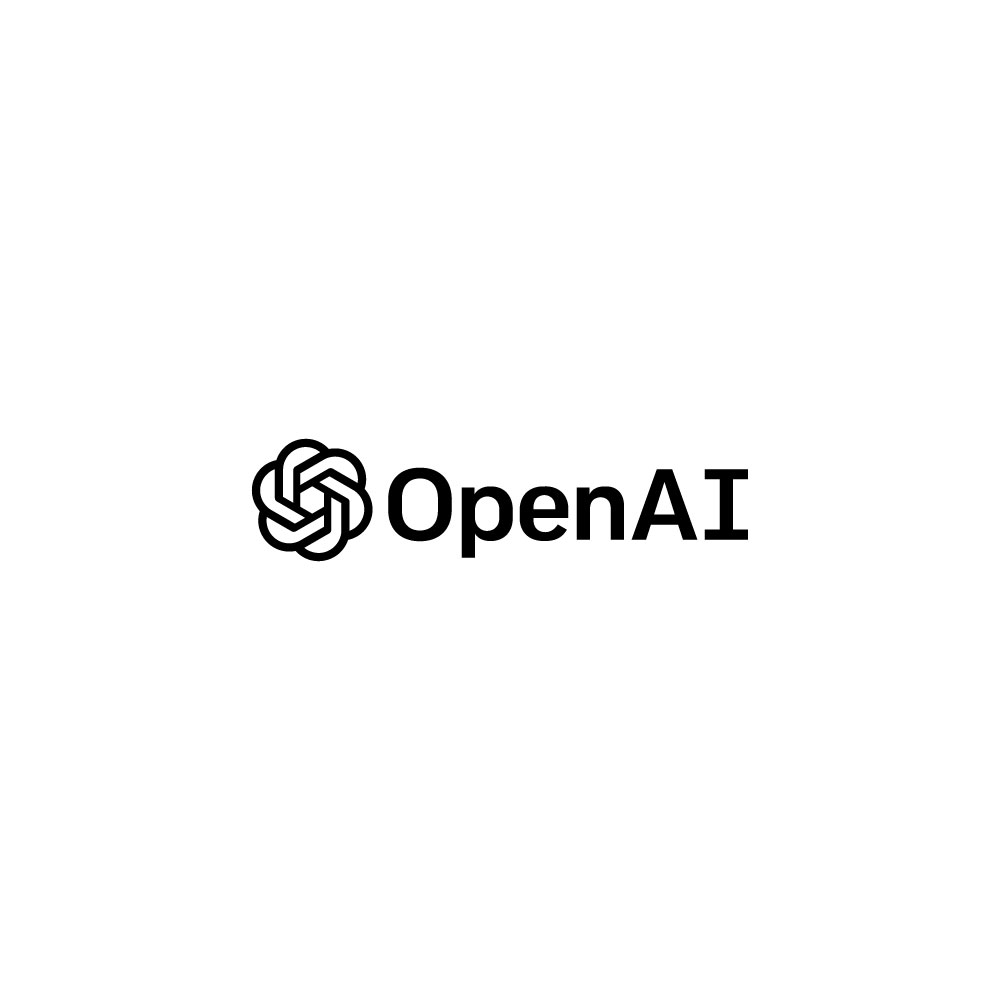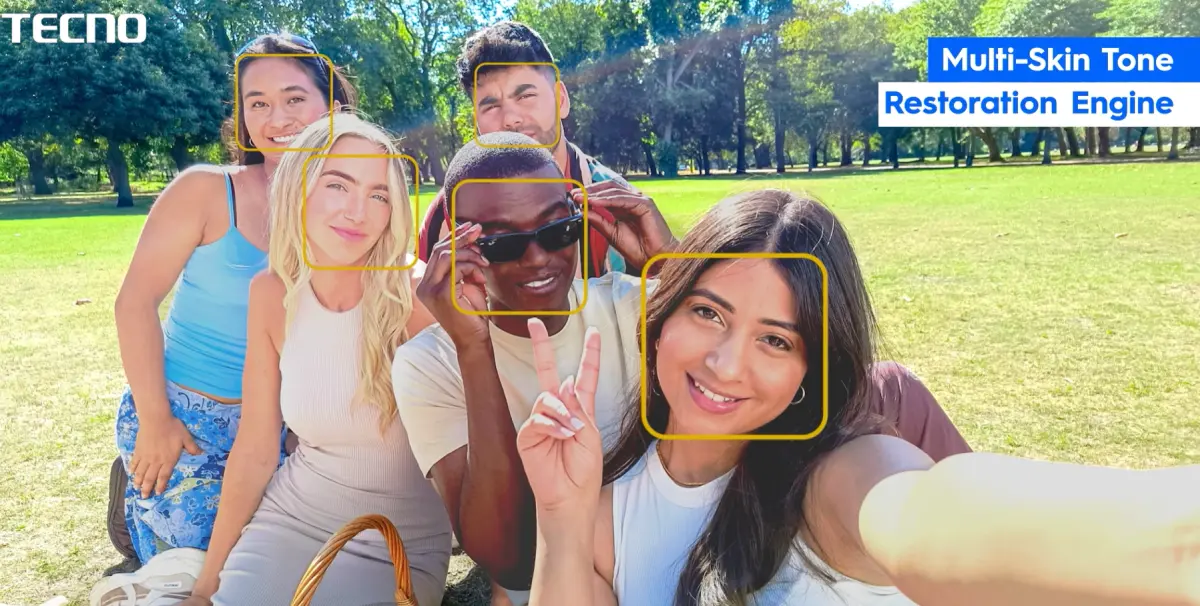Revolutionizing Voice Assistant Development: OpenAI's New Tools

Table of Contents
Enhanced Natural Language Understanding (NLU) with OpenAI's Models
OpenAI's advanced language models, such as GPT-3 and its successors, are significantly improving the accuracy and understanding of user voice commands in OpenAI voice assistant development. These models move beyond simple keyword matching, enabling a far more nuanced and context-aware interaction.
-
Improved intent recognition: Accurately identifying the user's goal behind their voice command is crucial. OpenAI's models excel at this, distinguishing between similar-sounding requests and understanding the underlying intent even with ambiguous phrasing. For example, the model can differentiate between "set an alarm for 7 am" and "what's the alarm set for?".
-
Enhanced entity extraction: Precisely identifying key information within the user's utterance—dates, times, locations, names—is essential for effective task completion. OpenAI's models provide robust entity extraction capabilities, making the development of complex voice assistants significantly easier.
-
Contextual understanding: Maintaining conversation context is key for natural and fluid interactions. OpenAI's models excel at tracking the flow of conversation, remembering previous requests and using that information to inform subsequent responses. This leads to a more human-like and engaging experience.
-
Multilingual support: OpenAI's models offer multilingual support, expanding the accessibility of voice assistants globally. Developers can easily create voice assistants that understand and respond in multiple languages, breaking down communication barriers and reaching a wider audience.
The implications for developers are substantial. They can significantly reduce their reliance on complex, rule-based systems, leading to faster development cycles and more human-like interactions. This shift is a game-changer in OpenAI voice assistant development.
Customizable and Personalized Voice Assistant Experiences
OpenAI's tools allow for the creation of highly personalized voice assistants tailored to individual user preferences and needs. This level of personalization fosters deeper engagement and satisfaction.
-
Fine-tuning models on specific datasets: Developers can adapt their voice assistants to particular domains or user groups by fine-tuning OpenAI's models on specific datasets. For example, a voice assistant for a medical practice could be trained on medical terminology and procedures.
-
Personalized responses based on user history: By leveraging user history and preferences, the voice assistant can deliver customized and relevant information. This creates a more tailored and intuitive user experience.
-
Integration with other OpenAI APIs: Combining voice recognition with other OpenAI APIs, such as text generation and image recognition, allows for the development of truly multimodal assistants. Imagine a voice assistant that can not only answer questions but also generate creative text formats or describe images.
-
Creating unique voice and personality traits: Developers can design assistants with distinct and memorable characteristics, creating a more engaging and human-like interaction. This opens up exciting avenues for brand differentiation and user engagement.
The impact on user engagement and satisfaction is undeniable. Personalized voice assistants provide a more seamless and intuitive user experience, leading to increased adoption and loyalty.
Simplified Development Process and Reduced Costs
OpenAI's APIs and pre-trained models drastically streamline the OpenAI voice assistant development process, reducing both time and resource requirements. This democratizes access to sophisticated AI technologies.
-
Access to powerful pre-trained models: Developers don't need to train models from scratch, saving significant time and computational resources. OpenAI provides readily available, high-performing models that can be easily integrated into projects.
-
Easy-to-use APIs: OpenAI's APIs are designed for ease of use, simplifying the integration of voice recognition capabilities into existing applications. This reduces the technical expertise needed, making development more accessible.
-
Reduced computational resources: Using pre-trained models significantly lowers infrastructure costs, making OpenAI voice assistant development more feasible for smaller teams and independent developers.
-
Faster prototyping and iteration: The streamlined development process enables faster prototyping and iteration, allowing developers to quickly test and refine their voice assistants.
The benefits extend to both large corporations and independent developers, opening up exciting opportunities for innovation across various sectors.
Addressing Ethical Considerations in OpenAI Voice Assistant Development
Responsible AI development is paramount. Addressing ethical considerations is crucial in OpenAI voice assistant development.
-
Ensuring fairness and avoiding biased outputs: Bias in training data can lead to unfair or discriminatory outcomes. Careful data curation and bias mitigation techniques are essential.
-
Protecting user data and complying with privacy regulations: Protecting user data and adhering to privacy regulations like GDPR is non-negotiable. Implementing robust security measures and transparent data handling practices is critical.
-
Building secure systems to prevent malicious attacks: Voice assistants are vulnerable to various attacks. Developers must build secure systems to protect against malicious actors.
-
Transparency and explainability of AI decisions: Understanding how the AI arrives at its decisions is vital for building trust and accountability.
Conclusion
OpenAI's new tools are undeniably revolutionizing voice assistant development. By offering advanced NLU capabilities, customizable personalization options, and a simplified development process, OpenAI empowers developers to create more sophisticated, engaging, and ethical voice assistants. The possibilities are vast, and the future of voice interaction is brighter than ever. Embrace these advancements and begin exploring the potential of OpenAI voice assistant development today! Start building your next-generation voice assistant with OpenAI's powerful tools and unlock a world of innovative possibilities.

Featured Posts
-
 Ftcs Appeal Challenges Microsofts Activision Blizzard Acquisition
Apr 28, 2025
Ftcs Appeal Challenges Microsofts Activision Blizzard Acquisition
Apr 28, 2025 -
 Is Over The Counter Birth Control The Future Of Reproductive Healthcare
Apr 28, 2025
Is Over The Counter Birth Control The Future Of Reproductive Healthcare
Apr 28, 2025 -
 Yankees Rally Past Opponent Name Rodon Dominates In Crucial Victory
Apr 28, 2025
Yankees Rally Past Opponent Name Rodon Dominates In Crucial Victory
Apr 28, 2025 -
 Red Sox Injury Update Latest On Crawford Bello Abreu And Rafaela
Apr 28, 2025
Red Sox Injury Update Latest On Crawford Bello Abreu And Rafaela
Apr 28, 2025 -
 Red Sox Injury Updates For Crawford Bello Abreu And Rafaela
Apr 28, 2025
Red Sox Injury Updates For Crawford Bello Abreu And Rafaela
Apr 28, 2025
Latest Posts
-
 75
Apr 28, 2025
75
Apr 28, 2025 -
 Universal Tone Tecno
Apr 28, 2025
Universal Tone Tecno
Apr 28, 2025 -
 Tecno Universal Tone
Apr 28, 2025
Tecno Universal Tone
Apr 28, 2025 -
 Boston Red Sox Lineup Modifications For Doubleheaders First Game
Apr 28, 2025
Boston Red Sox Lineup Modifications For Doubleheaders First Game
Apr 28, 2025 -
 Red Sox Game 1 Lineup Coras Minor Adjustments
Apr 28, 2025
Red Sox Game 1 Lineup Coras Minor Adjustments
Apr 28, 2025
